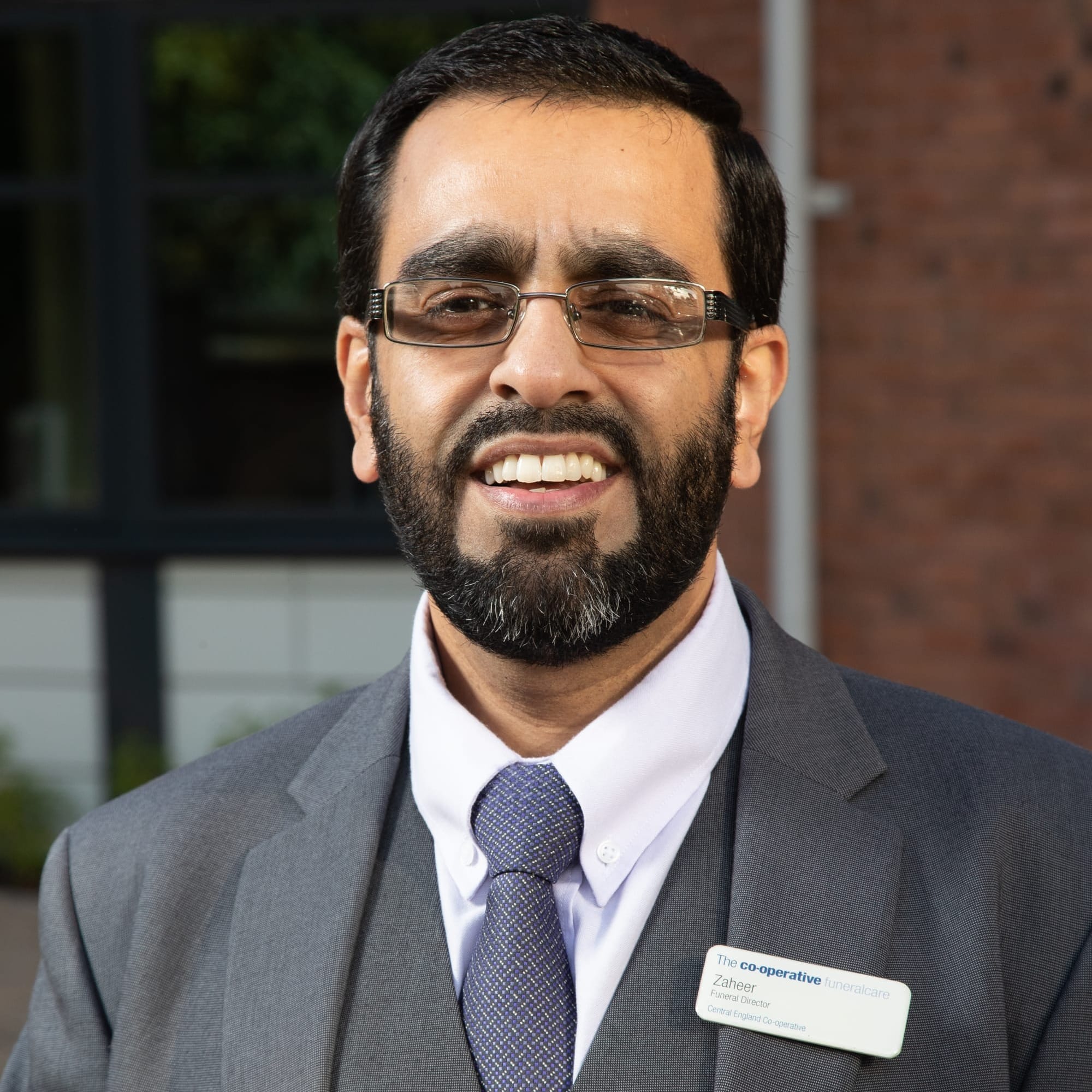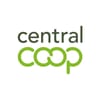Exploring identity and heritage: a colleague’s story for South Asian Heritage Month

As part of our celebrations for South Asian Heritage Month (18th July – 17th August), we’re proud to share the voices and lived experiences of our colleagues. Each with a unique story that highlights the richness, complexity and strength of South Asian identity.
In the following article, Zaheer Iqbal - Birmingham Funeral Director, reflects on his personal journey growing up in the UK with Pakistani heritage. Zaheer explores the values passed down through generations, the importance of family and language, and the influence of faith and culture in shaping identity and purpose.
This blog touches on the challenges of navigating stereotypes, the role of community, and the enduring legacy of a remarkable father whose compassion and service inspired a career path in funeral.
It’s a powerful reminder that heritage is more than just where we come from, it’s how we live, connect and care for others every day.
Zaheer Iqbal, Funeral Director

"I was born in England, but the majority of my family originates from South Asia, Pakistan. I have a mixed of traditional and modern values, which has formed my own self image as well as my value and respect towards all communities. I learned about my culture through my family during my upbringing by visiting relatives, friends and attending community events in the UK. This background has helped and influenced me when interacting with others and helps me to have an open mind. Growing up, I inherited values of respect for elders, family importance and a strong work ethic to provide for my family, which has come from my ethnic culture. Also, something that is very important to me is my ‘mother tongue’, Urdu. This helps me in my role at Central Co-op when interacting with elderly members of the Muslim community whose first language is not English.
One of the main factors of my background is the teachings of the holy book Qur’an. The Qur’an has taught me about our religious beliefs - love, peace and harmony. These values help my self-image and my role in society. For example, my responsibility to serve the community stems from these teachings, and my interactions with others helps me to understand and appreciate diverse perspectives.
Culture assumptions and stereotypes can arise. However, education in the UK and an understanding of the teachings of the Qur’an helps me to navigate these issues by educating people through invitations to local community events and by simply talking to people to help them gain an understanding of my beliefs.
The biggest influencer in my family would be my late father. My father was a teacher in Pakistan before becoming a UK citizen, and was (and even is today) very well known within the Pakistani community, as he was an educated man who helped and supported, not only his own family, but other community members. My identity within comes through my father and over the years I have adopted his ways of working. My career path in funeral was clear, as my late father was one of the main founders of the ‘death committee’ - a voluntary organisation which helps bereaved families with arrangements and payments towards the costs of funerals, so long as they are a member of the organisation.
I have faced challenges over the years, whether it be in school or at work, however my upbringing and educating people has ensured a mutual understanding which has helped in fitting in around other communities, and especially understanding their values.
Most joyful moments are always when spending time with my family, friends and relatives - especially on special occasions like Ramadhan, Eid, and weddings. It's important to me that my family members remember their roots, I always plan to go back to Pakistan for a family holiday, which will then help pass on to future generations.
The last thing I would like to add is, being a Muslim and having a Pakistani background does not change me as a human. I have been brought up and taught to respect each person from all communities. Help and support wherever possible, especially to the most vulnerable. Our belief in doing this is a good deed that will help after death.

